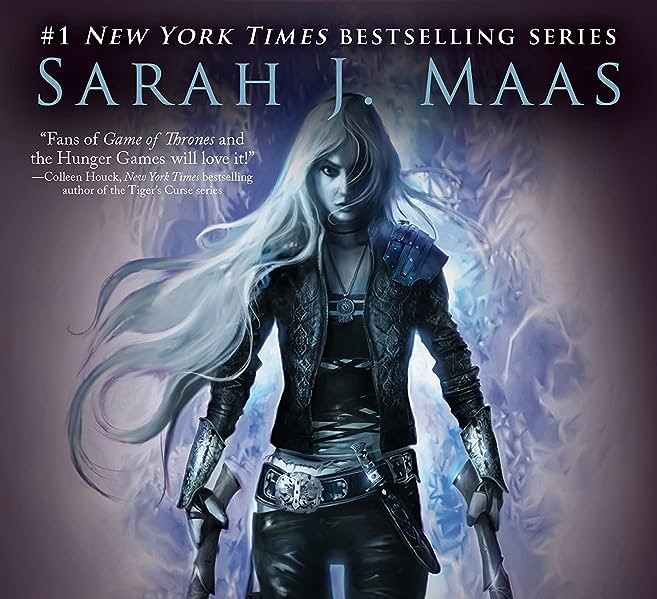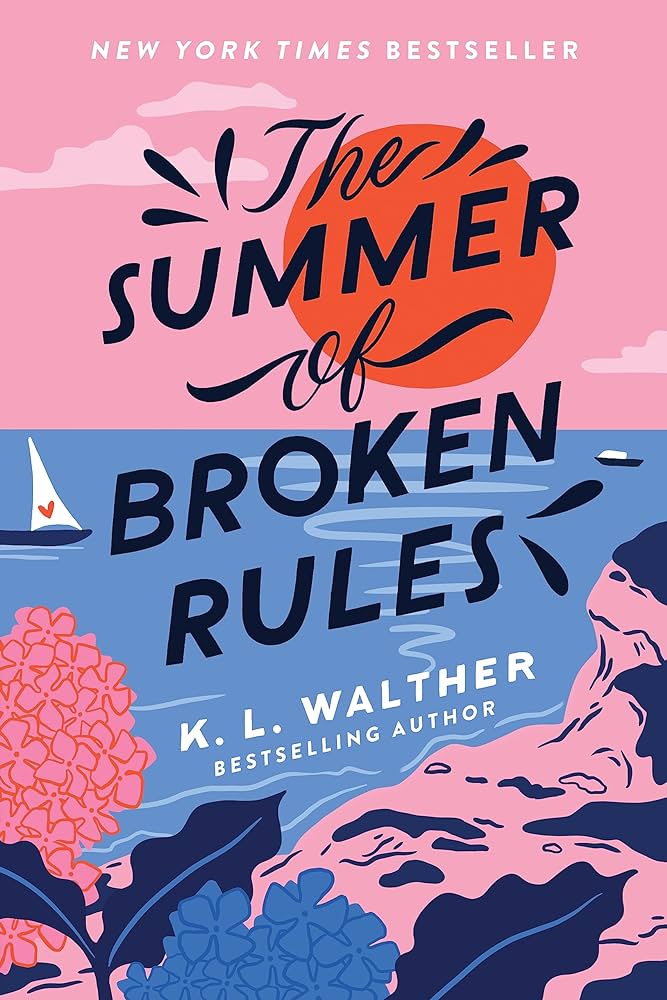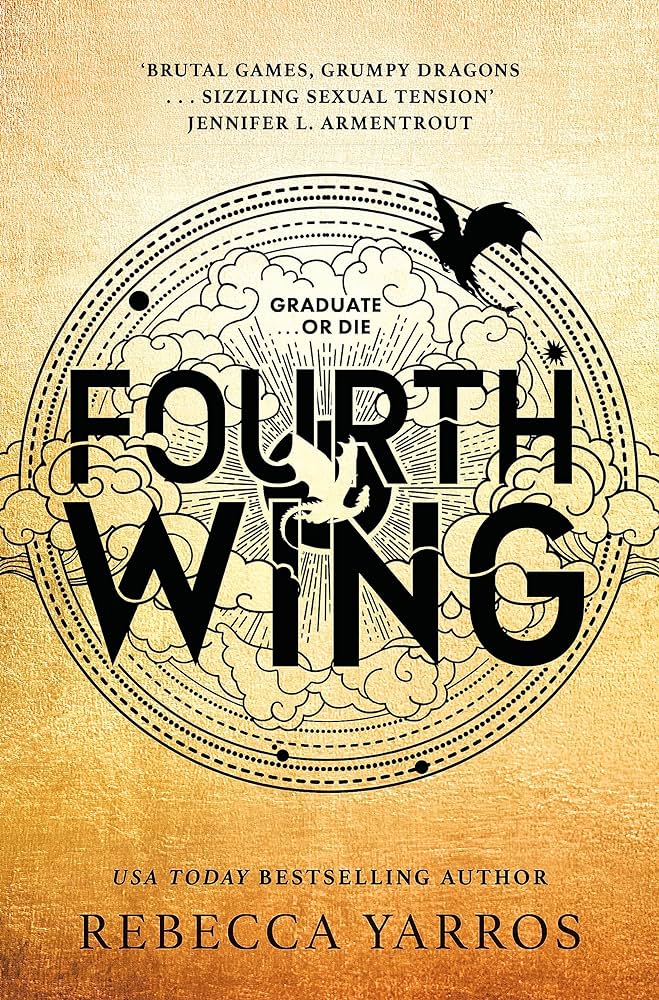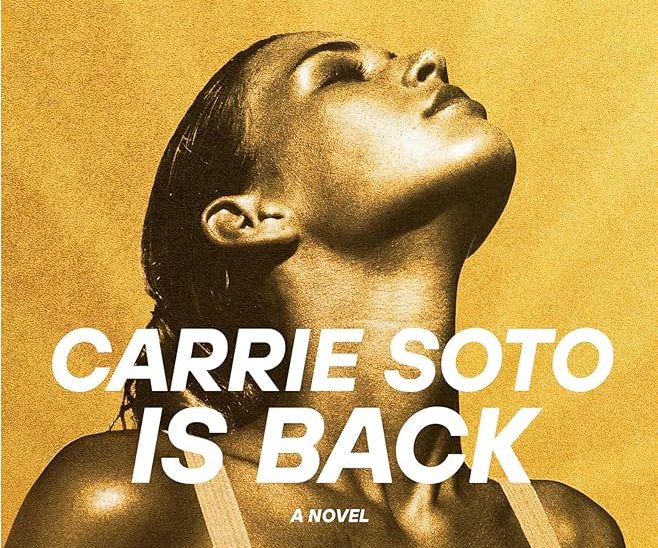In the past, when male authors dominated the book industry, female characters often fell into stereotypical roles, such as the love interest, the damsel in distress, or the caretaker. These roles reflected the norms of what women were expected to be.
Then as more women started becoming authors, these gender roles started to change. Female authors, who grew up reading books where the female characters were pushed into supporting roles, were tired of the lack of representation of women in books.
But perhaps female authors have been overcorrecting all these years, because nowadays, many female characters have started becoming unrealistically powerful and flawless. But this has created a new set of problems, as female characters now lack emotional depth, and it makes their stories seem unrealistic.
Even though female characters have become the protagonist of many novels, they still fall into the role of being small and helpless. This has reinforced the idea that women have to do it all, while still conforming to an unfair beauty standard.
A perfect example of this is Violet from the novel Fourth Wing. She is described as small with weak bones, and yet she somehow also has the strongest power. Another example is Celaena from the first book in the Throne of Glass series. Celaena is the “strongest assassin in the world”, yet she is also somehow only seventeen years old and breathtakingly beautiful. These authors seem to care more about how to make their main characters as powerful as possible, rather than focusing on what is best for the plot of their novels.
However, things have started to change, as many authors are starting to focus less on unstoppable and superhuman female leads, and more on the emotional aspects of being a powerful woman. Books like Carrie Soto Is Back and The Poppy War have great female leads who aren’t unreasonably powerful.
It’s important for books to realistically represent women, so young girls don’t get the wrong idea, that you have to “have it all” to be happy. Constantly reading about female novel characters, who are only successful if they are both strong and beautiful, can also leave the wrong impression.
Now, I’m not saying that books with strong female leads are necessarily bad, but it’s time to take the next step in women’s representation. I hope that, as more women become authors, we start to see more realistic portrayals of women in their stories.










